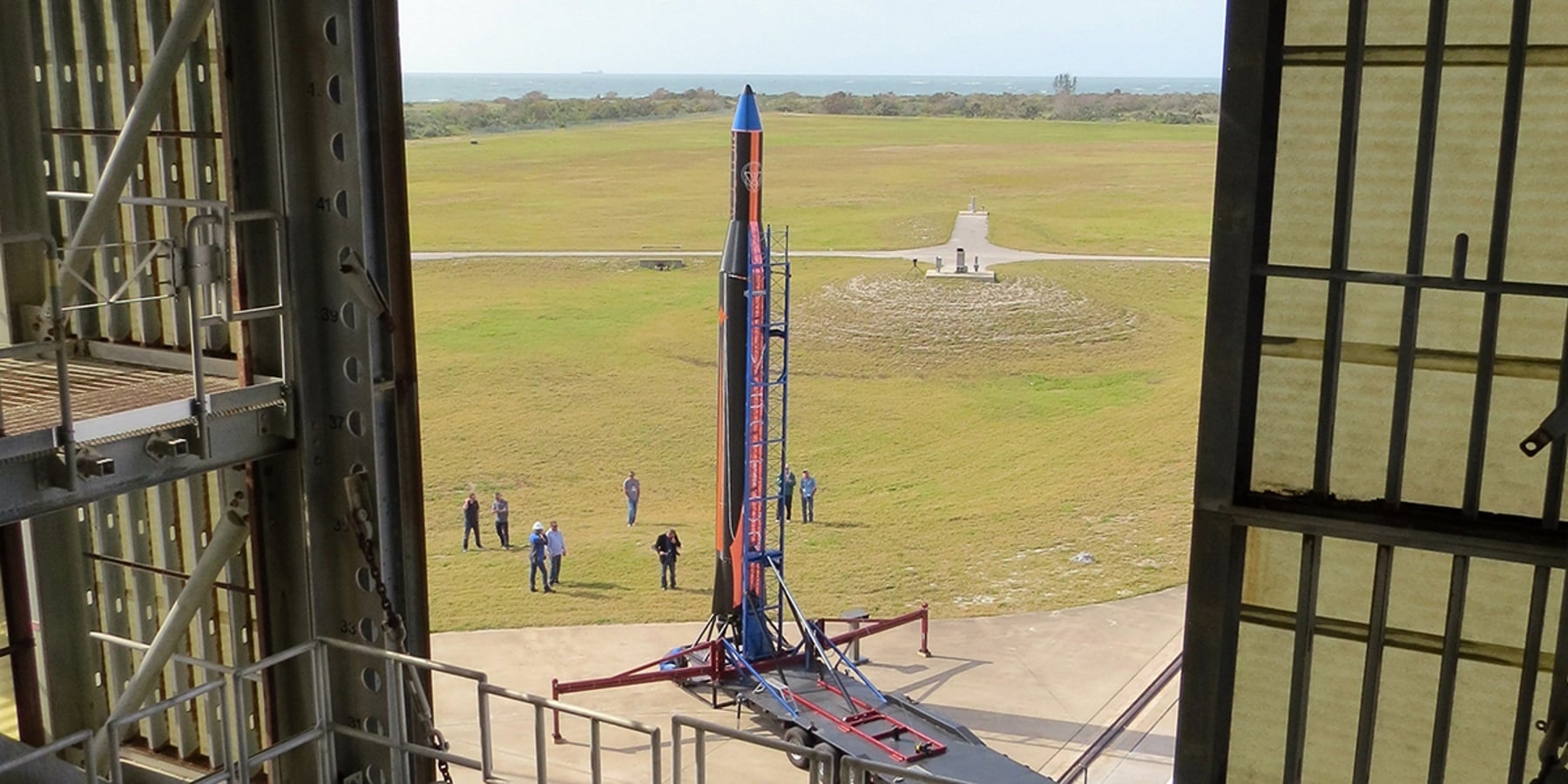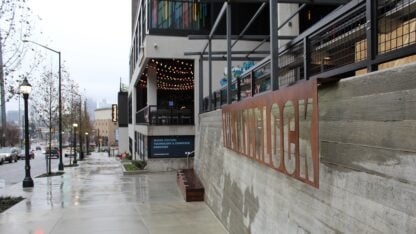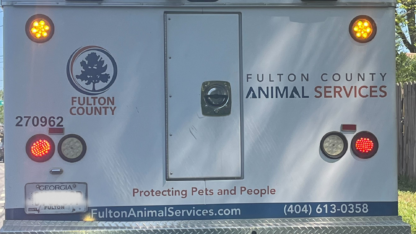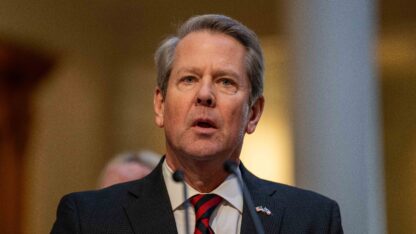Officials, Advocates Attend Briefing To Discuss Atlanta’s HIV Epidemic

Atlanta has the fourth-highest HIV rate in the country. About 39,000 people were living with HIV in the metro area at the end of 2016. Statewide, that number grew to nearly 57,000.
London looks / wikimedia commons
Government officials and advocates gathered at City Hall on Thursday to talk about Atlanta’s HIV epidemic.
Atlanta has the fourth-highest HIV rate in the country. About 39,000 people were living with HIV in the metro area at the end of 2016. Statewide, that number grew to nearly 57,000.
There is about a two-year delay on getting data on this because it has to be reconciled nationally, according to Pascale Wortley, with the Georgia Department of Public Health.
Atlanta hit a milestone recently when the mayor allocated $100,000 to fight HIV.
“Traditionally, HIV prevention and treatment is a county and state responsibility, but now the city is seeing that they have some responsibility as well,” said Devin Barrington-Ward, national policy adviser to the National Black Leadership Commission on AIDS. He helped coordinate the briefing.
To some, that money is an important first step. But to others, it’s disappointing.
Nina Martinez, who is HIV positive, is a public health consultant and spoke at the briefing.
“If we have over 30,000 people living with HIV in the Atlanta area, $100,000 isn’t going to go very far. And I refuse to sit here and listen to that amount being called a down payment because my life is not on a layaway plan.”
“Many of us asked for more, but we recognized that it’s a slow upward trek,” Barrington-Ward said. “Advocacy oftentimes is a marathon and not a sprint. … Using local tax dollars as a down payment on this issue sends a signal that the city is ready to get involved and be a partner, and we want to increase that partnership.”
Martinez and other HIV-positive advocates also requested that the city pay them for the consulting and time it has asked of them at various events.
Council member Matt Westmoreland acknowledged that historically, the city hasn’t handled the HIV issue well.
“I’m sorry now for what we’ve done wrong in the past. None of us can go back and change that. But all of us can fix things going forward.”
Mayor Keisha Lance Bottoms has convened the city’s first LGBTQ Advisory Council to advise her about how best to spend the allocated funds.








